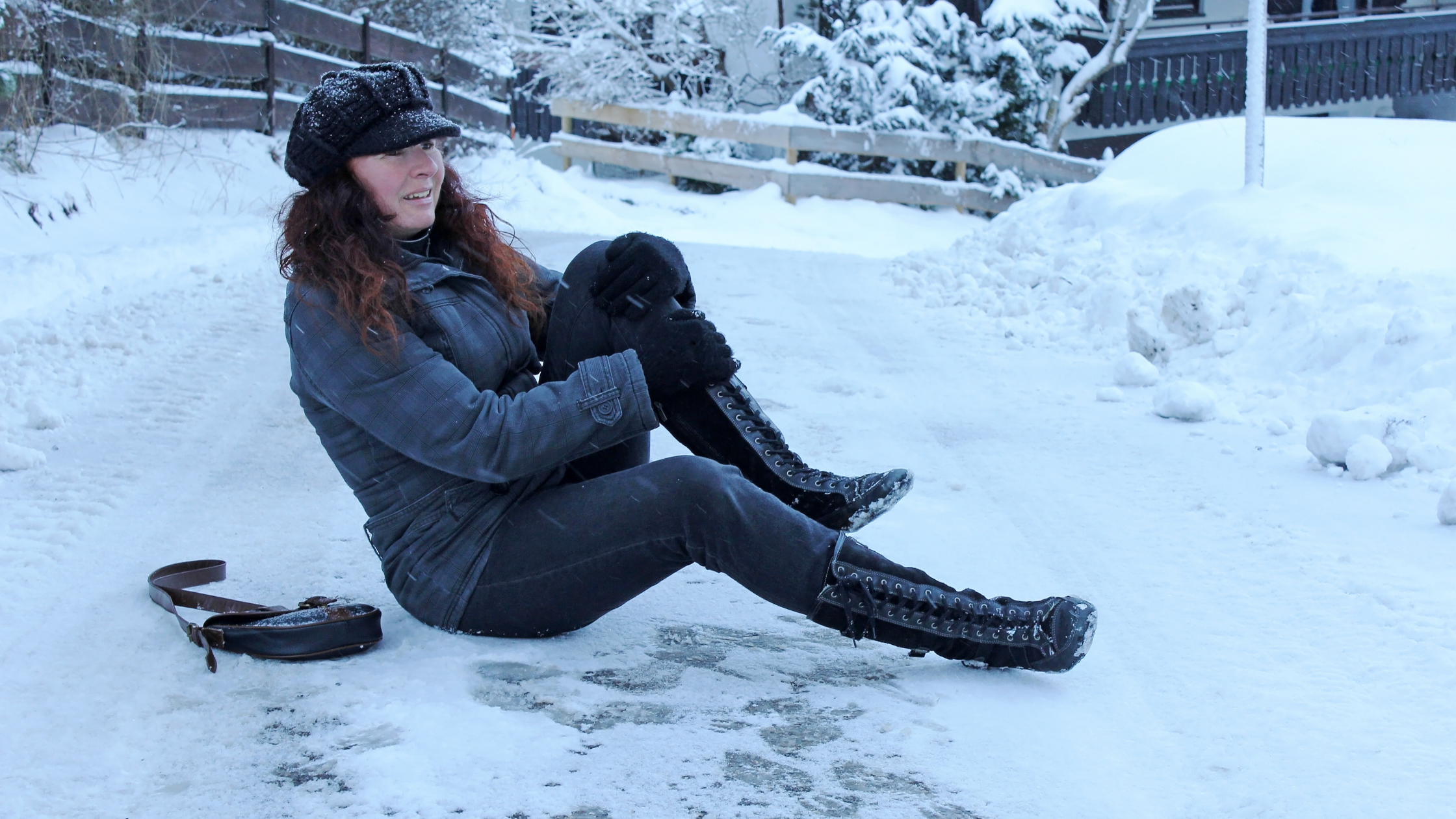Shoulder pain has a way of creeping into nearly every part of daily life. Simple movements — like reaching into a cabinet, fastening a seatbelt, getting dressed, or even finding a comfortable sleeping position — can suddenly become frustrating or downright painful....
Sleep plays a vital role in healing, recovery, and overall well-being. Unfortunately, hip pain can make getting a full night’s rest feel nearly impossible. Tossing and turning to find a comfortable position, waking up from sharp or aching pain, or starting the morning...
If you are struggling with lower back pain that radiates down your leg, you might have hit the internet searching for answers, only to find the terms “sciatica” and “herniated disc” discussed frequently. This is because both conditions can cause debilitating back...
How to Avoid Common Winter Injuries this Cold Season

By Joseph Stellabotte, M.D., sports medicine specialist at Premier
Every year, ‘Old Man Winter’ brings with him an assortment of sprains, strains, and fractures. But following a few simple steps can lower the odds that you or a loved one suffers a winter weather injury this year.
Footwear is key. Make sure you have the proper fitting footwear for your activity. It’s important that your shoes have good tread to maintain solid contact with the ground. Additionally, your footwear should fit snug, yet still comfortable. Your foot should not be sliding or coming out of the shoe, or more than likely down you will go.
If you do fall, there are a variety of ways to hit the ground, but none of them are good. The most common injuries from a slip and fall are wrist and ankle sprains, but an injury to your shoulder, elbow, and knee can all happen.
More severe falls can often lead to bigger injuries, like fractures. Wrist fractures, particularly distal radial fractures, are one of the most common orthopaedic injuries and are often the result of a hard fall. If you don’t get your hands down to break your fall, that’s where collarbone fractures come into play. If your feet go up out from under you and you fall backward, you could sustain injury to your tailbone, clavicle/shoulder blade, or unfortunately your head.
Some less common, but potentially severe, winter injuries are those caused by winter activities, like skiing and sledding.
Anytime you are moving at a high rate of speed and fall or hit an object, the chance of orthopaedic trauma is high. If you ever experience or witness someone fall or hit a stationary object, like a tree or rock, during a high-velocity winter activity, it is best to err on the side of caution and get them to a doctor as soon as possible.
Winter is a wonderland, but pitfalls lurk. Use the above tips and stay safe this season. And if ‘Old Man Winter’ does catch up with you, come see Dr. Stellabotte at our urgent care facility in Media. We will get you back on your feet in no time! Call 610-566-5723 or visit premierortho.com.
